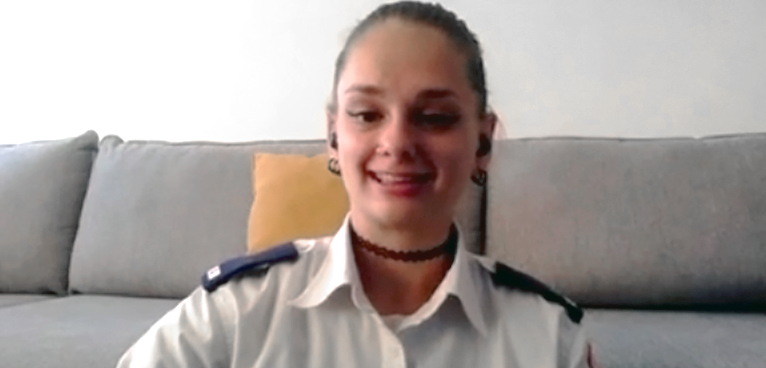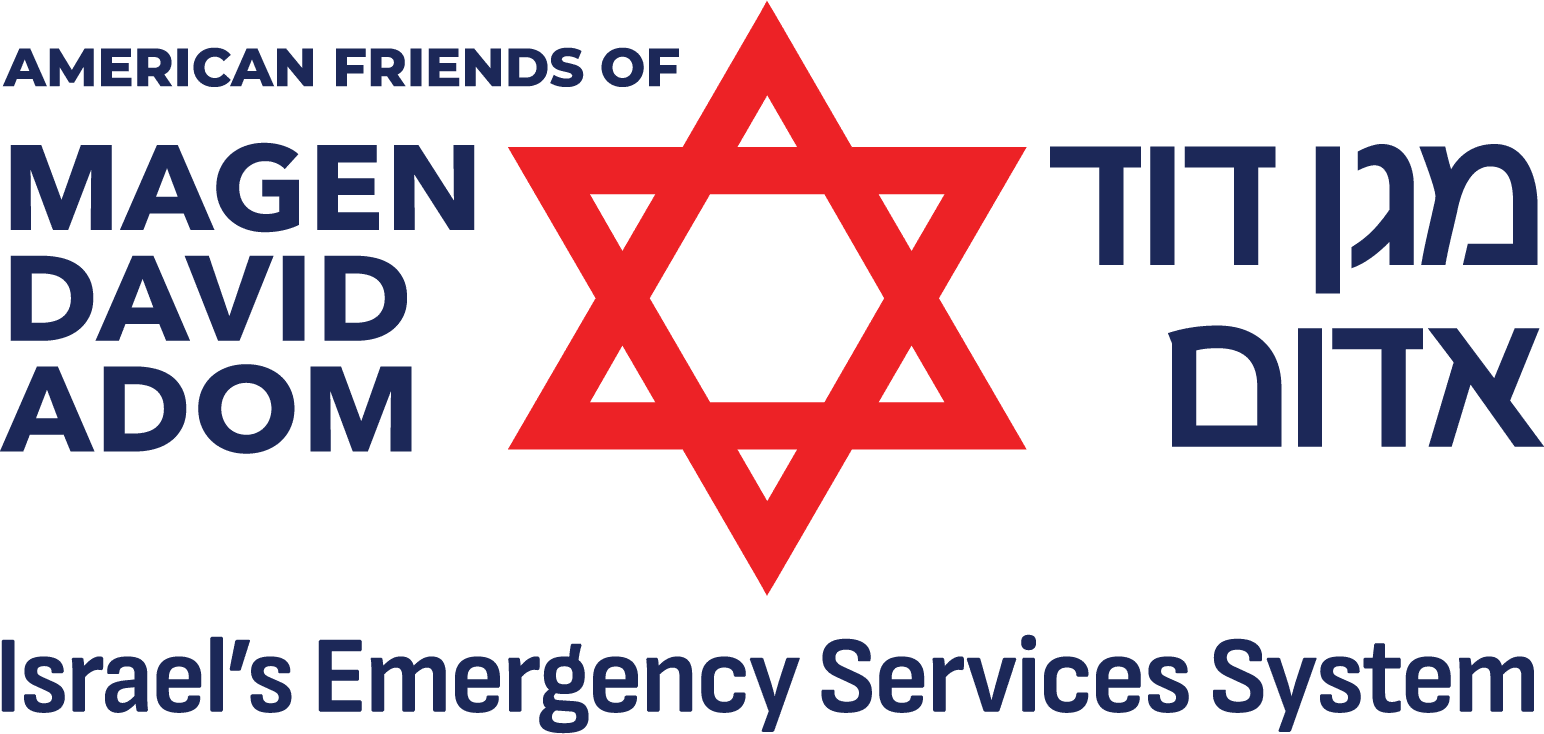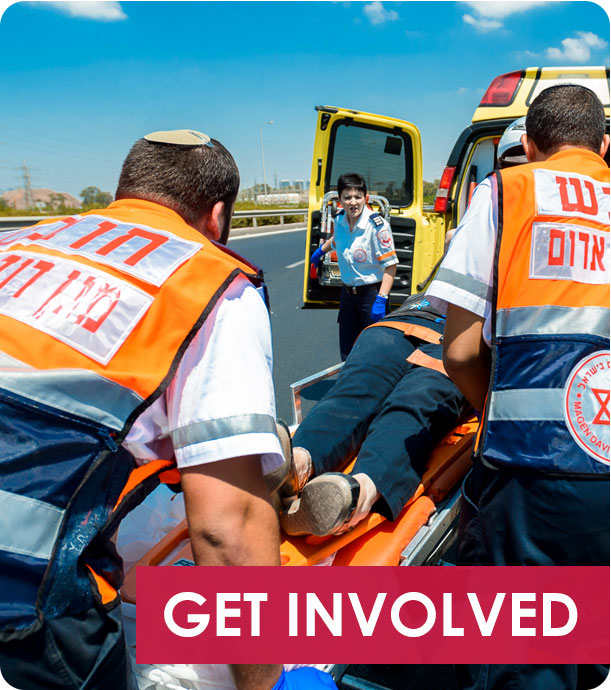
UMAN, UKRAINE – The Russian invasion of Ukraine has been a stark reminder that even a peace as enduring as the one established in Europe after World War II can be broken.
The current crisis has brought a wide range of international partners to the aid of a nation in the crosshairs, including two organizations whose collaboration may seem striking to some: Israel’s Magen David Adom and the German Red Cross. The two have formed a partnership in Ukraine to transport the acutely sick and physically disabled out of war-torn areas to places of safety and medical assistance.
Magen David Adom (mah-gain dah-veed ah-dome), meaning “Red Shield” or “Red Star of David,” is Israel’s national paramedic and Red Cross society. Israeli paramedics and EMTs are volunteering for short-term duty in Ukraine out of a desire to fulfill Magen David Adom’s core mission: saving lives every day.
Magen David Adom (MDA) paramedics and EMTs are familiar with wearing protective gear and operating in warlike conditions as they care for patients, making them invaluable team members with the German units. The MDA volunteer medics in Ukraine also speak either Ukrainian or Russian.
Victoria Lifshitz, an MDA paramedic, recently finished service with a German unit in Uman. “Odessa is the hometown of my grandparents, and I felt a special connection to the city, speaking their language,” said Lifshitz, who was born in Siberia, and emigrated to Israel with her family when she was a baby. “We were living in the war with the Ukrainian people, hearing the shelling, and helping get people out. We just want it to be over.”
While in Ukraine, she helped care for and transport patients with serious healthcare diagnoses, such as an older gentleman with cancer living in Kharkiv. Transporting the patient was a harrowing journey of mercy: bombs blasted around them; their ambulance broke down and land mines were just feet from where they stopped on the side of the road.
“This patient was in an apartment with his wife, who was unable to care for him,” Lifshitz said. “Their son was serving in the army, and he could not have gotten out on his own. His wife was so thankful, she hugged us 10 times.”
From Kharkiv, the German and Israeli transport team moved the cancer patient to Dinipro, and then to Uman. But on their way, the check engine light came on.
“The light turned orange, and in 10 minutes the car was smoking,” Lifshitz said. “We stopped at a gas station and asked if they knew what might have happened. A mechanic checked out the vehicle and said the fuel was mixed with something else, but even though we were 500 kilometers from our destination, we should be okay.”
The vehicle made it most of the way, but one hour from Uman, the engine conked out. “We stopped in the middle of the road, near a field, and when I opened my door, I saw a land mine,” Lifshitz said. “I told my German colleague, ‘Let’s not stop here!’ He drove another 10 meters away from the mine.”
Another Red Cross team met Lifshitz and her unit where the ambulance broke down and transported the patient the rest of the way to Uman. After that, a team took him to Odessa, and another team from there to Moldova, and eventually he made it by plane to Germany, a six-day odyssey in total.
The man’s wife in Kharkiv texted Lifshitz when her husband made it safely to Germany.
“Ukraine has been under nonstop attack,” Lifshitz noted. “We do not want to forget about these people.”
Although MDA is the national emergency medical service of Israel, it is funded through donor dollars. While there are nearly 3,000 full-time paid staff, the great majority of MDA personnel are volunteers: some 27,000 and counting. MDA regularly treats nearly 700,000 patients and casualties in Israel each year and responds to approximately 2.7 million calls at its dispatch center.
“We are extremely proud of our paramedics and EMTs who have volunteered to serve in Ukraine,” commented Catherine Reed, chief executive officer of American Friends of Magen David Adom, headquartered in New York City. “This is a historic opportunity for Germany and Israel to work together for the common good of the people of Ukraine. Our collaboration, and many others like it, inspire hope even amid this terrible conflict.”

